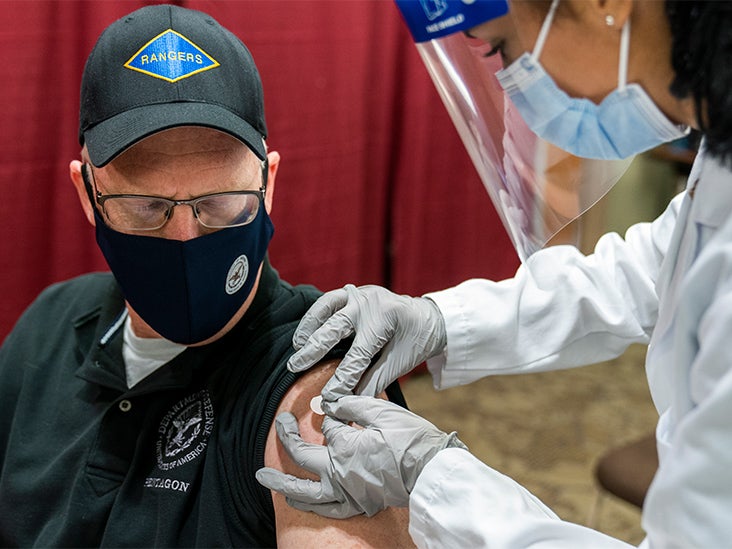

Not seeing the point in trying to recover.Here are several signs and symptoms of depression in COVID-19 patients: Researchers used self-reporting questionnaires to assess COVID depression, which shares symptoms with major depressive disorder. Scientists found that over 50% of patients were likely to display symptoms - with nearly a quarter of those being considered clinically significant. Researchers have started to look at the occurrence of depression in recovering COVID patients. Those patients who experience strokes often experience long-term neurological symptoms. That also might explain the increased tendency for COVID patients to experience strokes. COVID patients are much more likely to develop blood clots. The final theory is that the infection disrupts the normal healing and clotting process in the body. When added stress impacts critical functions like respiration and movement, it can cause chaos. Stress on the body has an impact on cognitive function and mental health. After all, we know that our physical and mental well-being are linked. Given the severity of COVID-19 symptoms, it seems likely that the body (and brain) could respond with both mental and emotional distress. An extreme response, however, could damage organs and tissues, similar to an autoimmune disease. This makes sense in light of the above research on inflammation, which is usually the immune system’s second line of defense. Johns Hopkins hypothesizes that the immune system may produce an overly-strong response to try to fight severe COVID-19 infections. These tissues did reveal “signatures of inflammation, abnormal nerve cell communication, and chronic neurodegeneration.” These symptoms are similar to those of patients with cognitive impairments and disorders (like schizophrenia and Alzheimer’s).

But there was something unusual: there was no evidence that the virus was present in the brain. In a study of patients who died from COVID-19, researchers found changes in the brain tissue. This includes severe infection, an immune system in overdrive, chaos in the body, and blood-clotting abnormalities. According to researchers at Johns Hopkins, there seem to be four ways that COVID can potentially affect the brain. That’s not to say that coronavirus directly infects the brain. Historically, it seems likely that COVID-19 has a similar impact. Additionally, about 15-20% of recovered SARS (2002) and MERS (2012) patients showed signs of depression, anxiety, exhaustion, and memory issues. People cited similar symptoms, like cognitive impairment and sleep disturbances. Reports of the 1918 flu epidemic showed similar trends.

Individuals experience everything from brain fog to sleep disruption to symptoms resembling dementia. And because the brain is the control center of the body, neurological symptoms vary widely. Regardless, it seems clear that COVID has a marked impact on both cognitive functioning and emotional health. Pandemic and crisis-induced, sure - but not a diagnosable by-product of the virus itself.Įstimates vary of how many patients experience neurological symptoms (as well as other physical symptoms of the virus). However, this caused us to generally dismiss anxiety and depression as being COVID-related. It would make sense, given the stress and fear prevalent at the time. The number one symptom to watch out for was shortness of breath (along with loss of taste and smell). In the early days of the pandemic, when little was known about the virus, ventilators were in scarce supply. How does COVID-19 affect the brain?ĬOVID-19 quickly gained a reputation as a respiratory illness, and for good reason.
AFTER EFFECTS OF COVID HOW TO
Read on about how the social and physical symptoms of the COVID-19 pandemic affect your brain, your mental health, and how to seek help to treat both. Whether you’ve been infected with the virus or not, there are real implications of the pandemic on our health. Researchers are looking into whether COVID-19 causes them as well. Its unique microbial structure and symptoms seem to worsen underlying mental health disorders. As it turns out, coronavirus isn’t just a respiratory virus. After all, we know these are the side effects of simply living through a pandemic. When you hear “post-COVID depression,” you probably think of extreme stress and mental health.

How can I cope with post-COVID depression?


 0 kommentar(er)
0 kommentar(er)
